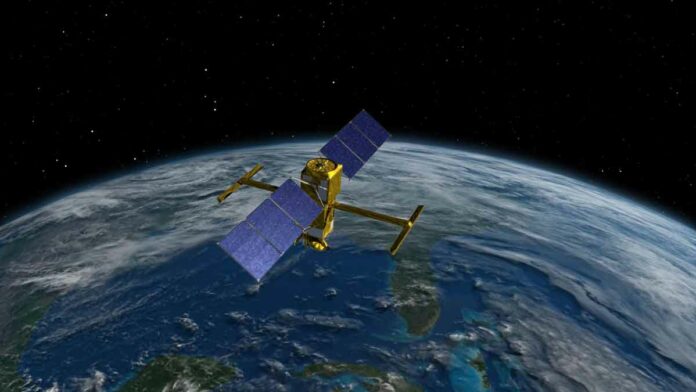The Surface Water and Ocean Topography (SWOT) satellite launched into Earth orbit on December 16. It was launched from the Vandenberg Space Force Base in central California. Engineers are working to prepare the mission to begin measuring the height of water on over 90% of the Earth’s surface. It is providing the first high-definition survey of our planet’s water.
After deploying the solar panel arrays that power the spacecraft, the satellite would need to unfold its mast and antenna panels. The mission uses telemetry data to monitor and control the satellite. But it also outfitted the spacecraft with four customized commercial cameras to record the action.
The solar arrays were fully deployed about 10 minutes after launch.
The antennas were successfully deployed over four days. The process was completed on December 22. The two cameras focusing on the KaRIn antennas captured the mast extending from the spacecraft and locking in place but did not capture the antennas fully deployed.
The two antennas for the groundbreaking Ka-band Radar Interferometer (KaRIn) instrument are 33 feet (10 metres) apart, at either end of the mast. KaRIn will see eddies, currents and other ocean features less than 13 miles (20 kilometres) across. Because it is designed to capture precise measurements of the height of water in Earth’s freshwater bodies and the ocean. It will also collect information on lakes and reservoirs larger than 15 acres in size and rivers wider than 330 feet.
KaRIn will accomplish this by bouncing radar pulses off the surface of the Earth’s water. It will receive the signals with both antennas. It will collect data along a swath 30 miles (50 kilometres) wide on either side of the satellite.
SWOT data will assist researchers and decision-makers in addressing some of the most pressing climate questions of our time. It will also help in preparing communities for a warming world.

